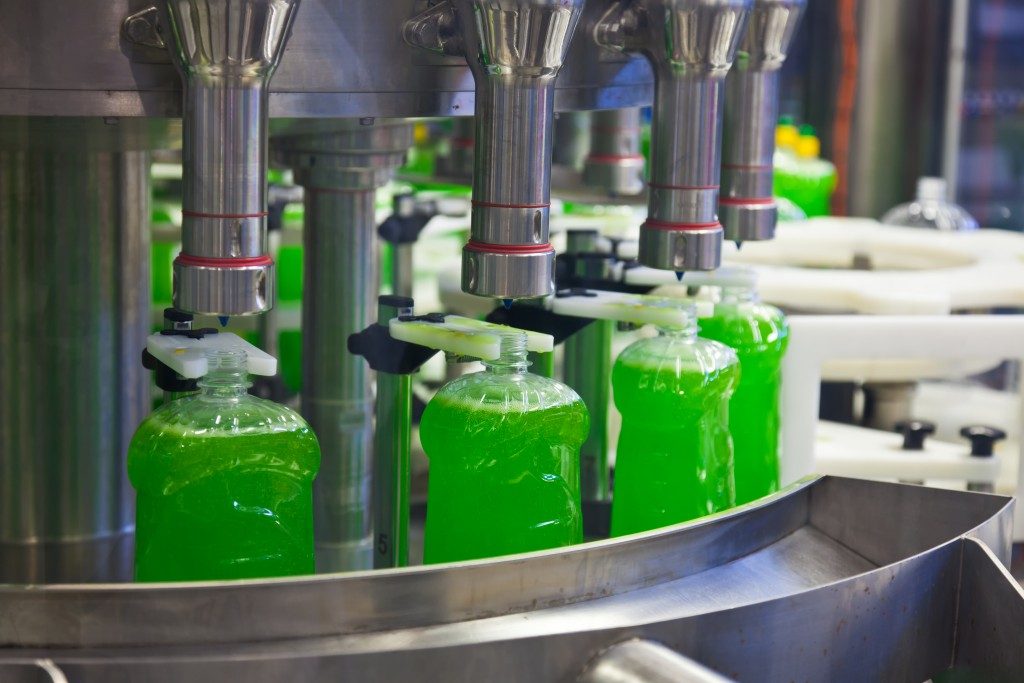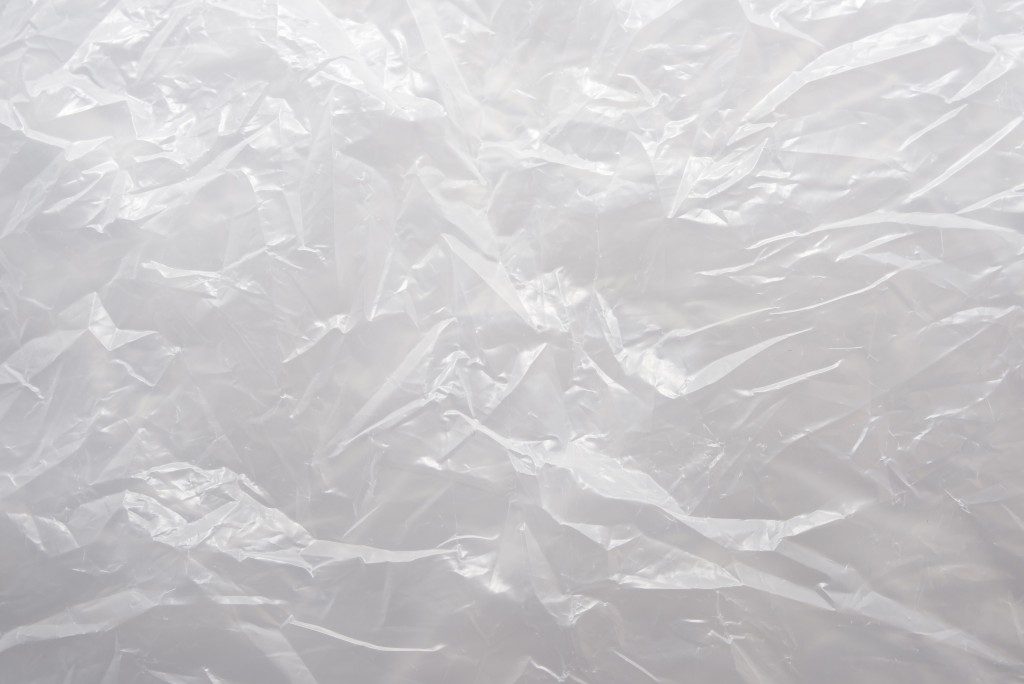It is no surprise that plastic is one of the most common pollutants on this planet. As of 2018, 78 million tons of plastic packaging are produced annually. After they are used, 40% go to landfills, 32% of which leak into the environment and contaminate water sources and even the soil.
Only 2% are recycled to be used again as plastic packaging. This means even if there are efforts to recycle plastic, it’s still not enough. However, despite this stark reality, we still need plastic. Here are the reasons why.
Medical uses
It bears repeating that plastics pollute the environment, especially the single-use ones. These are materials that we frequently throw away, continuously destroying our planet. But again, advocating for the full removal of plastic materials is just as detrimental to us. Like it or not, there are still some single-use plastics that we need, and those items are for tools for medical use.
Think about it: surgical gloves, plastic syringes, and plastic vials. These are items used in hospitals, clinics, ambulances, and every other medical facility on a daily basis. You cannot reuse them because that would only run the risk of spreading infections and diseases. So, instead of reusing these items, doctors, nurses, and other healthcare professionals discard them immediately after use.
Manufacturing uses

Removing all of the plastics in the world will also derail the manufacturing industry and perhaps even cause an economic collapse. It is because a lot of manufacturing companies and factories rely on plastic materials to run operations. Almost every manufacturing business relies on custom injection molding machines and other similar plastic molding equipment for building their products.
They use plastic because of its strength and malleability. They mold plastic materials into containers, siphoning tools, and refilling tools, among others. If they switch back to using metals, these are not as malleable as plastic, which means that it will take time to mold these materials into the shape of whatever tool or product they need. Also, using metal is much more expensive and harder to maintain. Steel is prone to corrosion, unlike plastic.
Food preparation uses
Another reason some single-use plastics remain important is that people who are involved in food preparation and emergency response find it more convenient to use plastic tools than other materials. Plastic is lighter, cheaper, and easier to use.
Imagine if hurricane relief personnel decide to get rid of all of their plastics and instead, use metal spoons, forks, and plates for distribution to the people they want to help? Not only would it hamper their relief efforts due to the increase in operational expenses, but it would also prevent them from delivering the goods quickly because of the weight of their containers.
So in conclusion, yes, we still need plastic for lots of things. But that does not mean that we should stop thinking about our environment. It only means that we need a better solution to preserving our environment than just simply banning the use of all plastics.

